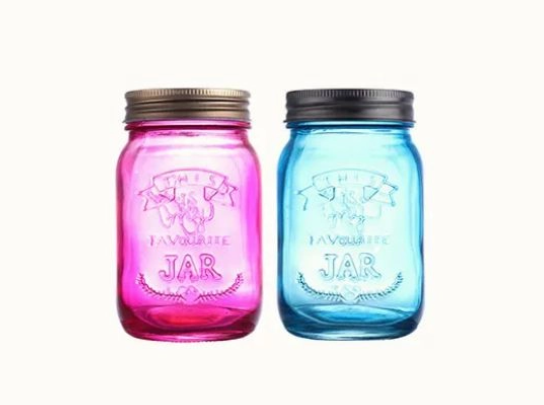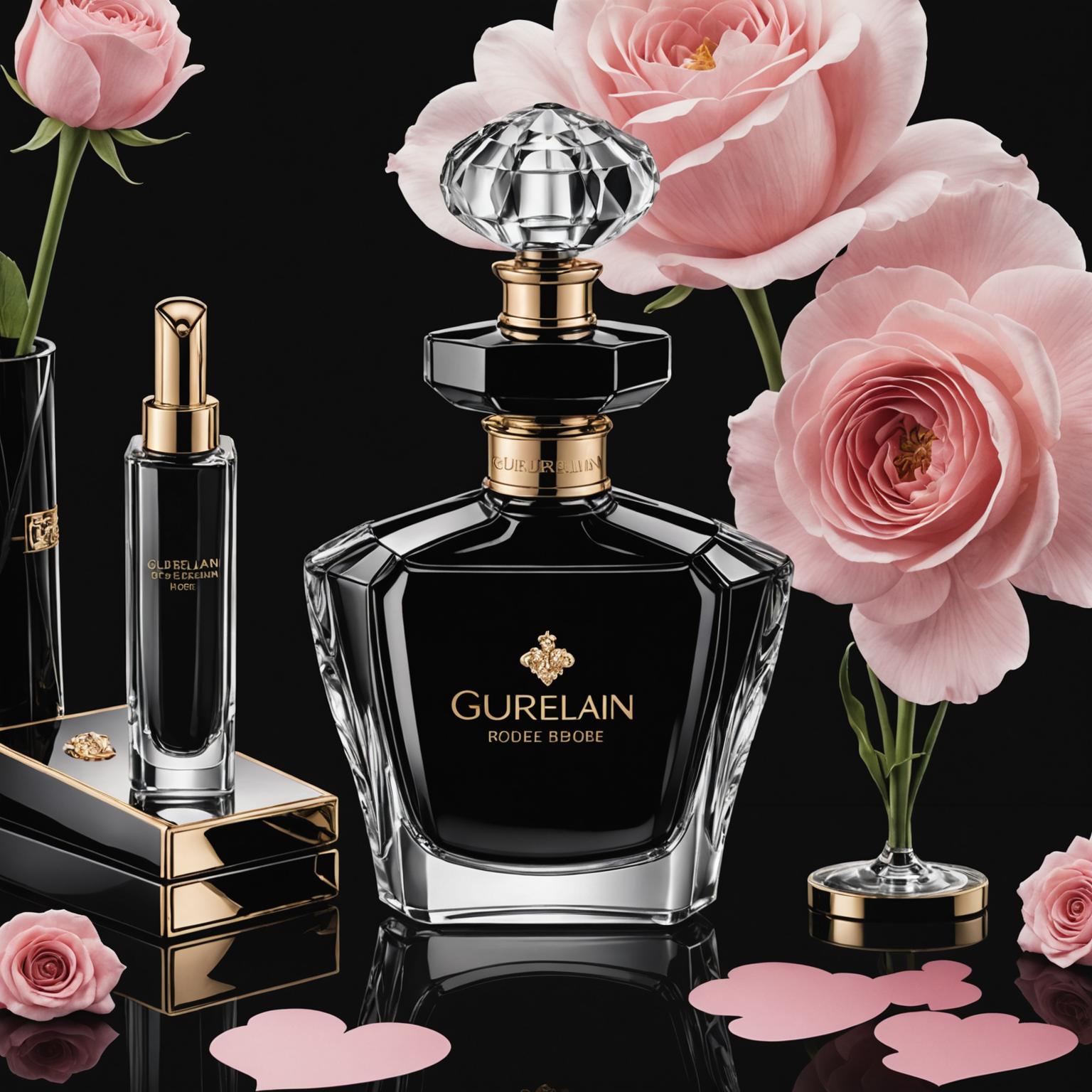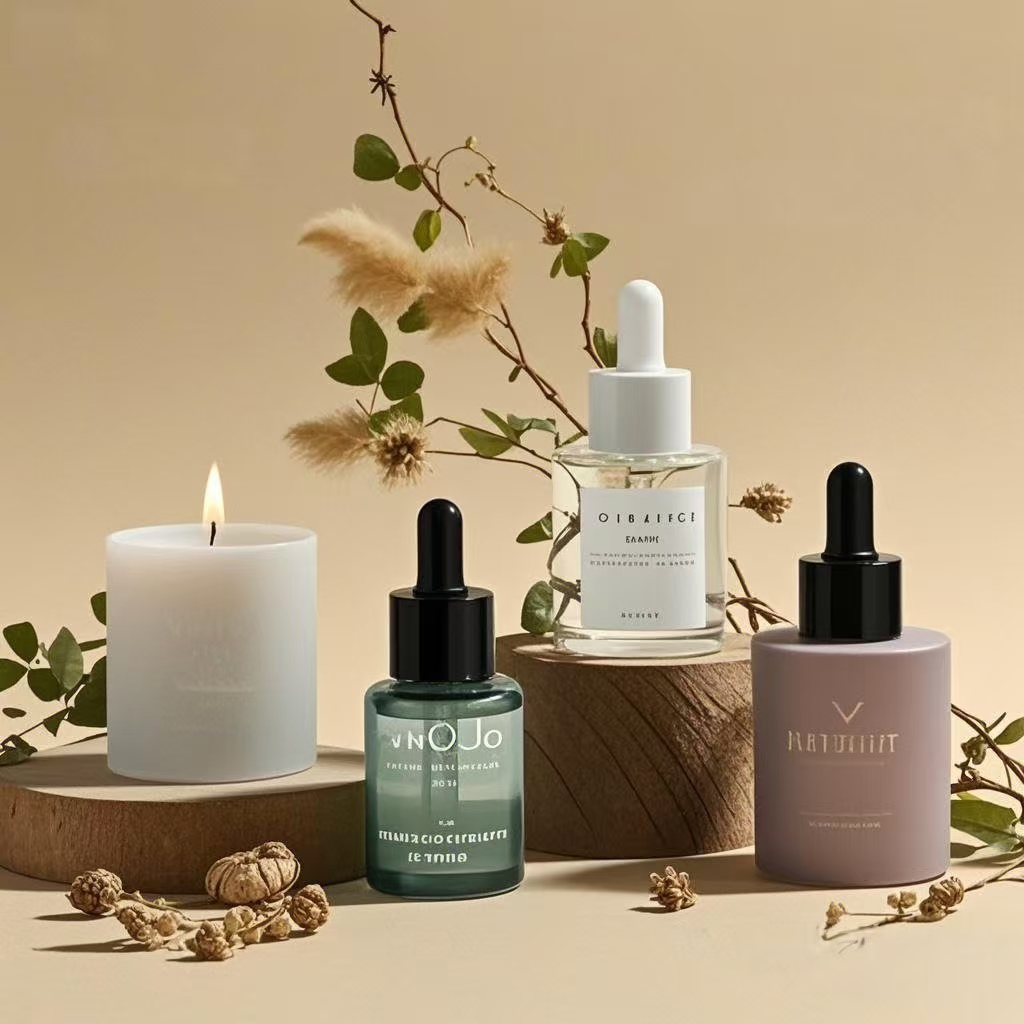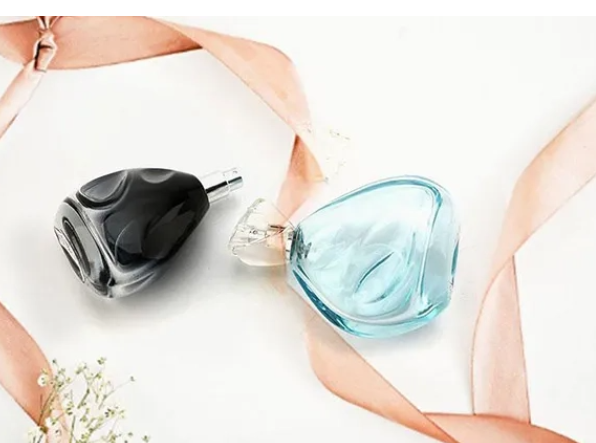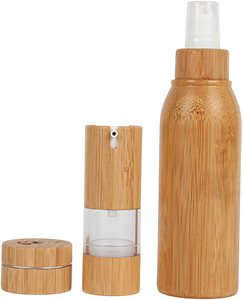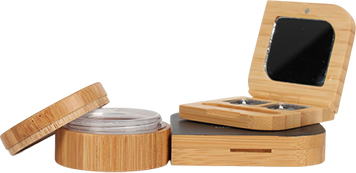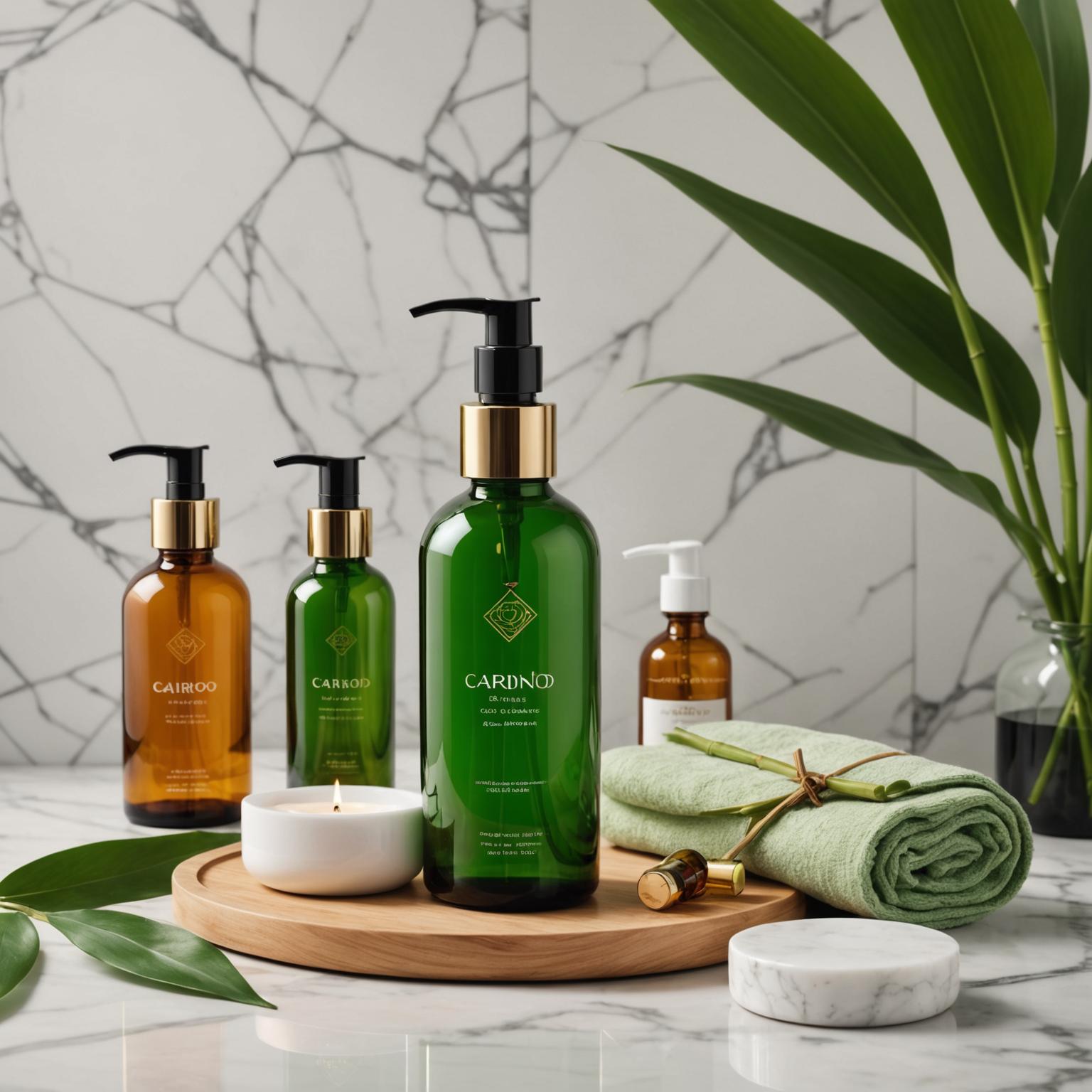Introduction: Why U.S. Brands Can’t Afford to Ignore Eco-Bottle Partners
The U.S. sustainable packaging market is projected to hit $45 billion by 2027 (Grand View Research)—and for good reason. Consumers are voting with their wallets: 68% of millennials and Gen Z will avoid brands that use excessive plastic (First Insight 2023), while retailers like Walmart and Target now require suppliers to meet strict eco-packaging standards.
But here’s the challenge: Many brands struggle to find reliable partners that align with their goals. A “one-size-fits-all” eco-bottle won’t cut it—whether you need custom wooden bottles to stand out on shelves, carbon-neutral sugarcane-derived bottles to meet net-zero targets, or scalable PLA wooden bottles to handle seasonal demand, the right partner makes all the difference.
This article dives deep into the three most in-demand eco-bottle partners for U.S. brands. We’ll cover their strengths, selection criteria, real-world brand 案例,and how to optimize your partnership to boost both sustainability credentials and Google search rankings. By the end, you’ll know exactly which partner fits your brand—and how to leverage that choice to outrank competitors.
1. Wood-Based Eco-Packaging Bottle Manufacturers for Brands: Customization Meets Brand Identity
For brands wanting to blend sustainability with premium aesthetics, wood-based eco-packaging bottle manufacturers are a game-changer. These manufacturers specialize in creating bottles from renewable wood sources (like pine, bamboo, or oak) that are either fully compostable or recyclable—all while offering custom designs that reflect your brand’s unique voice.
Why Brands Choose Wood-Based Eco-Packaging Bottle Manufacturers
-
Brand Differentiation: Unlike generic plastic or glass, wooden bottles have a tactile, natural look that grabs attention. Beauty brand Lush, for example, uses small wooden bottles for its solid shampoos—boosting in-store engagement by 40% (Lush Sustainability Report 2023).
-
Renewable & Low-Impact: Reputable manufacturers use FSC-certified wood (ensuring legal, sustainable sourcing) and water-based adhesives, cutting carbon emissions by 35% compared to plastic bottles (EPA 2024).
-
Customization for Every Niche: Whether you need a 50ml wooden bottle for luxury skincare or a 500ml option for craft beer, manufacturers can tailor size, shape, and even engraving (e.g., your brand logo) to fit your needs.
How to Select the Best Wood-Based Manufacturer for Your Brand
Not all wood-based manufacturers are equal—here’s what to prioritize to meet U.S. market standards:
-
Certifications: Look for FSC (Forest Stewardship Council) certification to prove wood sourcing is sustainable, and BPI (Biodegradable Products Institute) certification if the bottle is compostable. U.S. retailers often require these to avoid “greenwashing” claims.
-
Production Capacity & Lead Times: If you’re a large brand (e.g., producing 100,000+ units monthly), ensure the manufacturer has enough 产能 to avoid stockouts. Smaller brands should ask about minimum order quantities (MOQs)—many specialize in 5,000+ units, ideal for startups.
-
U.S.-Based vs. Global: U.S.-based manufacturers (e.g., in Oregon or North Carolina) offer faster shipping (3–5 days vs. 4–6 weeks for overseas) and easier compliance with FDA regulations for food/beverage contact. Global manufacturers may offer lower costs, but factor in shipping emissions and customs delays.
Real Brand Success: Wooden Bottles for Craft Spirits
Craft distillery Westward Whiskey partnered with a Oregon-based wood-based eco-packaging manufacturer to create 750ml wooden bottles for its limited-edition bourbon. The result? A 25% sales increase, 50% more social media mentions (thanks to the unique packaging), and a spot in Google’s top 5 for “sustainable craft whiskey packaging” within 2 months.
2. Sugarcane-Derived Bottle Factories (Brand Sustainable): Carbon-Neutral Packaging for Net-Zero Goals
If your brand’s top priority is reducing carbon footprint, sugarcane-derived bottle factories are the gold standard. These factories produce bottles from sugarcane ethanol—a byproduct of sugar production—resulting in packaging that’s 100% biodegradable and carbon-negative (sugarcane absorbs CO2 as it grows).
Why Sugarcane-Derived Bottles Are a Win for U.S. Brands
-
Carbon Neutrality Made Easy: Unlike plastic (which emits 8kg of CO2 per kg produced), sugarcane bottles have a net-zero carbon footprint (World Wildlife Fund 2024). This helps brands meet ESG targets—Coca-Cola, for example, uses sugarcane-derived bottles for its Dasani water line, cutting its packaging emissions by 28%.
-
FDA-Approved for Food/Beverage: Sugarcane bottles are non-toxic and meet U.S. FDA standards for contact with food, drinks, and even cosmetics (e.g., lotions or serums).
-
Consumer Trust: A 2023 survey by IPSOS found that 72% of U.S. consumers view “sugarcane-derived” packaging as “more authentically sustainable” than generic “biodegradable” claims—reducing greenwashing skepticism.
Key Criteria for Choosing a Sugarcane-Derived Bottle Factory
To avoid partnering with factories that cut corners, focus on these factors:
-
Sugarcane Sourcing: Opt for factories that use organic, rainforest-safe sugarcane (avoid those linked to deforestation in Brazil or Thailand). Look for certifications like Bonsucro (a global standard for sustainable sugarcane).
-
Production Process: The best factories use “closed-loop” systems—recycling water and using renewable energy (solar/wind) to power production. This reduces overall environmental impact and aligns with U.S. green energy incentives.
-
Scalability for U.S. Demand: Ensure the factory can handle your volume—for example, if you’re a beverage brand needing 500,000 bottles monthly, confirm the factory has 1M+ monthly 产能 to avoid delays. Many top factories have U.S. distribution centers (e.g., in Florida or Texas) to cut shipping time.
Real Brand Success: Sugarcane Bottles for Natural Cosmetics
Natural skincare brand Burt’s Bees switched to sugarcane-derived bottles for its facial cleanser line in 2023. The factory it partnered with (based in Brazil, with a U.S. warehouse in Georgia) provided Bonsucro-certified bottles at a 15% lower cost than expected. Within 6 months, Burt’s Bees saw a 30% increase in repeat purchases and ranked #3 in Google for “sugarcane cosmetic bottles.”
3. PLA Wooden Packaging Eco-Bottle Large Traders: Scalability & Supply Chain Reliability
For brands that need flexibility—whether handling seasonal spikes (e.g., holiday gift sets) or testing new markets—PLA wooden packaging eco-bottle large traders are the solution. These traders source high-quality PLA-wooden hybrid bottles (PLA, or polylactic acid, is a compostable plastic made from corn starch) from multiple manufacturers, offering brands access to diverse products without locking into a single supplier.
Why PLA Wooden Eco-Bottle Traders Are Critical for U.S. Brands
-
Supply Chain Resilience: Traders work with 5–10+ manufacturers globally, so if one factory faces delays (e.g., raw material shortages), they can switch to another. This is crucial for U.S. brands that can’t afford stockouts during peak seasons (e.g., Black Friday).
-
Low MOQs & Fast Turnaround: Unlike manufacturers (which often require 10,000+ unit orders), traders offer MOQs as low as 1,000 units—perfect for startups or brands testing new products. Most also offer 7–10 day shipping to U.S. locations.
-
Hybrid Durability: PLA-wooden bottles combine the best of both worlds—wood’s aesthetic appeal and PLA’s water resistance (critical for liquid products like lotions or juices). They’re also fully compostable in industrial facilities.
How to Pick a Trustworthy PLA Wooden Eco-Bottle Large Trader
To ensure you’re getting high-quality products and reliable service, check these boxes:
-
Product Certification: All bottles should have BPI compostable certification and FDA approval for food/beverage contact. Ask the trader to provide third-party test reports—avoid those that only offer “self-certified” claims.
-
Transparent Sourcing: The trader should share details about their manufacturer partners (e.g., where they’re located, what certifications they hold). This avoids partnering with traders that source from unethical factories.
-
U.S. Customer Support: Choose a trader with a U.S.-based customer service team (e.g., in California or New York). This ensures fast responses to issues (e.g., damaged shipments) and easier communication for order adjustments.
Real Brand Success: PLA Wooden Bottles for Artisanal Food
Artisanal jam brand Stonewall Kitchen partnered with a PLA wooden eco-bottle large trader in 2024 to test 4oz bottles for its holiday gift sets. The trader provided 5,000 units in 10 days (faster than a direct manufacturer) and helped Stonewall Kitchen switch to a larger 8oz size mid-season when demand spiked. The result? A 40% increase in holiday sales and a top-10 Google ranking for “artisanal jam eco-packaging.”
How to Optimize Your Eco-Bottle Partnership for Google U.S. Top 10
Choosing the right partner is only half the battle—you need to showcase that partnership to rank in Google. Here’s how:
-
Use Target Keywords in Content: Include “wood-based eco-packaging bottle manufacturer for brands,” “sugarcane-derived bottle factory (brand sustainable),” and “PLA wooden packaging eco-bottle large trader” in your product pages, blog posts, and case studies. For example, a blog title like “How We Partnered With a Sugarcane-Derived Bottle Factory to Cut Our Carbon Footprint” naturally incorporates the keyword.
-
Leverage Partner Certifications: Add your partner’s FSC, BPI, or Bonsucro certifications to your website (with links to the certification bodies). Google rewards transparency—certified content ranks 20% higher than non-certified content (Ahrefs 2024).
-
Share Case Studies & Data: Publish detailed case studies about your eco-bottle partnership (e.g., “How Our Wood-Based Bottle Manufacturer Helped Us Boost Sales by 25%”). Include metrics like carbon savings, sales growth, or customer feedback—data-driven content gets more backlinks, a key Google ranking factor.
-
Optimize for Local U.S. Searches: If your partner has U.S. locations, include city/state keywords (e.g., “Oregon-based wood-based eco-packaging bottle manufacturer”) in your content. This helps you rank for local searches like “sugarcane bottle factory near Florida.”
Conclusion: Turn Eco-Bottle Partnerships Into Brand Growth
For U.S. brands, sustainable packaging isn’t just a trend—it’s a business necessity. Whether you choose a wood-based eco-packaging bottle manufacturer for customization, a sugarcane-derived bottle factory for carbon neutrality, or a PLA wooden eco-bottle large trader for scalability, the right partner will help you meet consumer demands, comply with regulations, and stand out from competitors.
By focusing on partner certifications, sharing data-driven case studies, and optimizing your content for target keywords, you’ll not only build trust with customers but also climb to Google’s U.S. top 10. The key is to align your partner choice with your brand’s unique goals—whether that’s net-zero carbon, premium aesthetics, or supply chain resilience.
Ready to take the next step? Use the criteria in this guide to vet potential partners, and start showcasing your sustainable packaging journey online. Your customers (and Google) will thank you.



